Principal Skinner: Some sick individual has stolen every "Teacher's Edition!" |
Needless to say, many of these lessons ended up being incredibly dry, poorly conceived, and of little use to anyone. It took a long time and a lot of courage (largely as a result of being the only history teacher in a small school) to realise that the lessons where I had excellent subject knowledge were always the best ones. Even so, I had been set back a long way (as my ex-colleagues noticed when I tried to teach the French Revolution at the start of my THIRD year of teaching – I was even mistaken for an NQT because of this.)

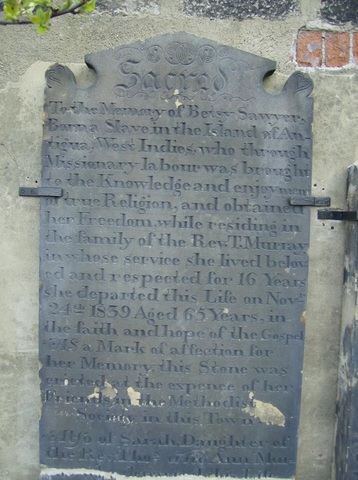
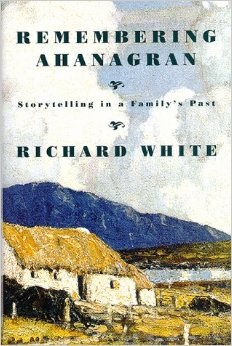

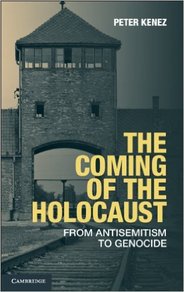

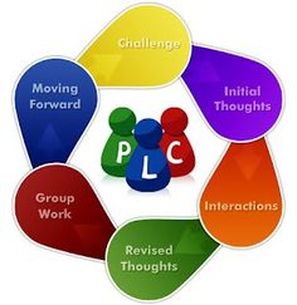
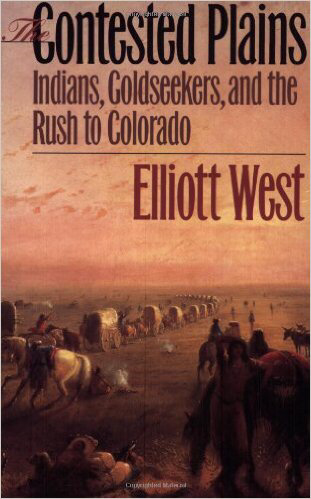
 RSS Feed
RSS Feed
